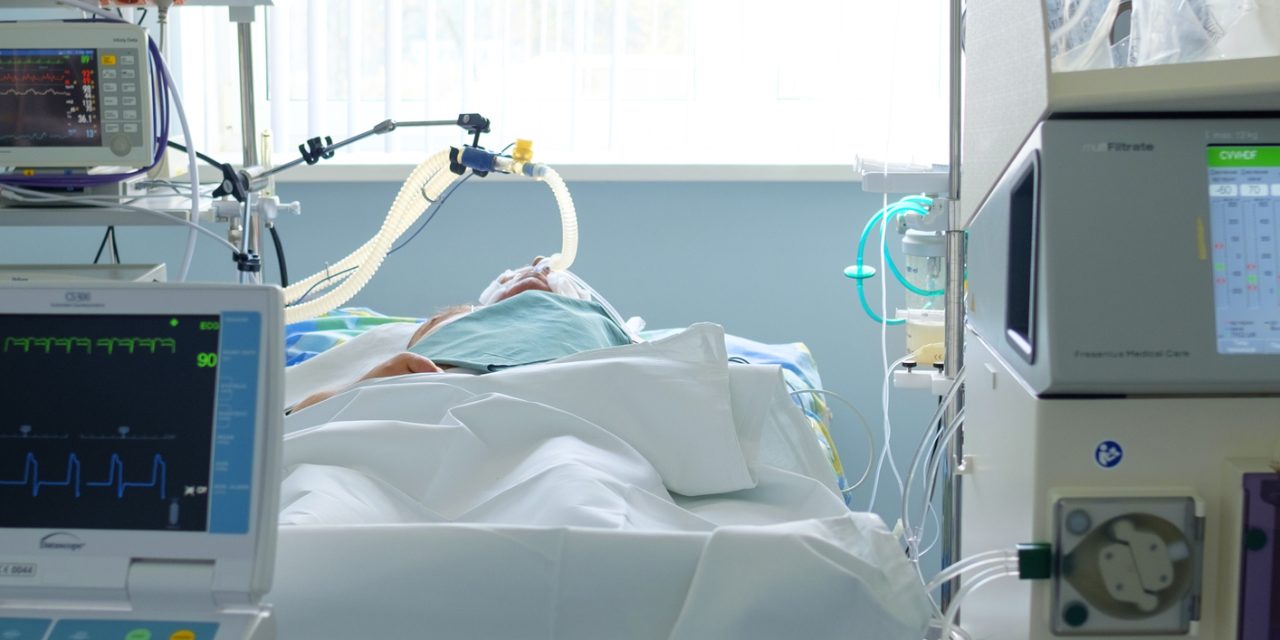Vitamin C is a well-known antioxidant and essential cofactor for numerous biological reactions. Several studies reported that vitamin C can improve the symptoms and prognosis of patients with sepsis and respiratory infection. We aimed to examine the effect of vitamin C when used in viral pneumonia patients with severe respiratory failure.
Total 201 patients with viral pneumonia were included, of them 35 patients used vitamin C. We performed a statistical analysis through a propensity score matching of the age and baseline characteristics of these patients.
There were differences between the vitamin C group and non-vitamin C group in terms of age (60±15 66±14, P=0.03), extracorporeal membrane oxygenation (28.6% 5.4%, P<0.001), and procalcitonin (3±8 9±23, P=0.02). The 28-day mortality was not different between the two groups (20.0% 24.7%, P=0.33). In the propensity-matched group, the 28-day mortality was not significantly different between the two groups (20.0% 37.1%, P=0.07). Moreover, no difference was observed in shock reversal within 14 days (45.7% 25.7%, P=0.08) and recovery after acute kidney injury (52.9% 66.7%, P=0.41) between the two groups. Vitamin C was not a prognostic factor for 28-day mortality (P=0.33).
In this study adjunctive intravenous vitamin C therapy alone was not associated with improvement of the 28-day mortality and prognosis in patients with severe viral pneumonia with respiratory failure.
2021 Journal of Thoracic Disease. All rights reserved.
The effectiveness of vitamin C for patients with severe viral pneumonia in respiratory failure.


